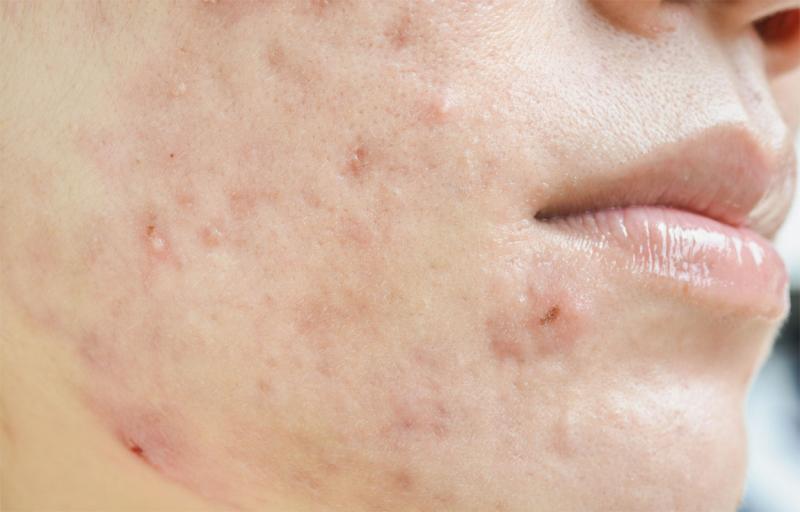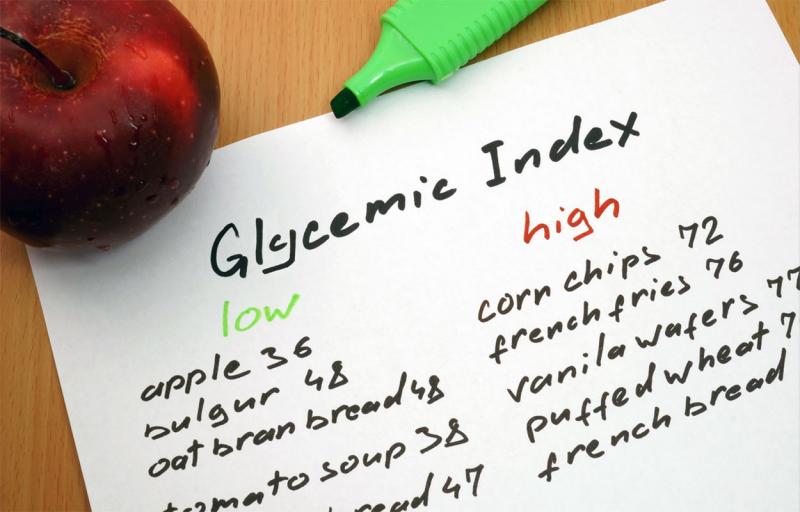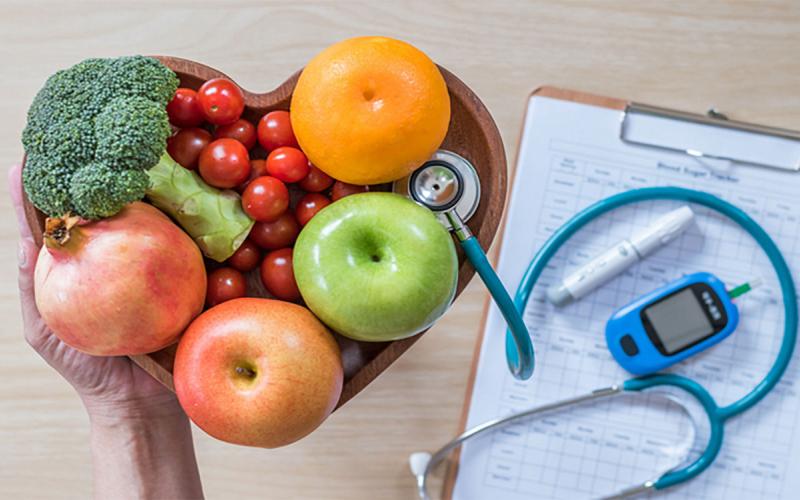
Written by Sophie Loberg under the direction and review of Megan Erickson, former SDSU Extension Nutrition Field Specialist, and Megan Jacobson.
About Acne
Acne vulgaris is one of the top skin conditions in the United States, impacting around 40-50 million people. Due to puberty, adolescents are the most affected age group with an 85% prevalence rate. However, 40-55% of men and women over the age of 25 are still affected. Pimples and other blemishes can appear and stay on the skin’s surface for days, weeks, months, or even years. Acne not only has an effect on physical appearance, but also takes a toll on one’s physical appearance, but also mental health and psychological well-being. Those suffering from acne have a greater likelihood of impaired quality of life compared to those with no acne, increased self-consciousness, anxiety in social situations, dissatisfaction with their appearance, depression, and suicidal thoughts. A higher unemployment rate has also been seen among those with acne.
The exact reason why individuals might get acne is unknown, but there are a variety of factors found that contribute to acne formation:
- Excess oil production is a major risk factor as it creates the perfect environment for acne bacteria to grow on the face causing blemishes and inflammation on the skin.
- Hormonal abnormalities also play a key role in acne by elevating hormones associated with acne.
- Consuming processed foods, such high in saturated fat and processed carbohydrates to aggravate acne.
Diet and Acne

The treatment food, acne vulgaris can include a variety of techniques consisting of prescription medications, hormone therapy, laser therapy, facewashes, and topicals. Attention around the connection between diet and acne has been the focus of new research, specifically around high glycemic diets. A high glycemic index (GI) and high glycemic load (GL) diet is one that has been seen to promote acne in individuals. The glycemic index (GI) is a ranking system of how quickly a carbohydrate food is absorbed and broken down in the body on a scale of 1-100. The higher the rank of the food, the faster it gets broken down. The glycemic load (GL) considers the absorption or breaking down of the carbohydrates included in the entire meal. Foods with a lower GI and meals with a lower GL cause a slower metabolic response in the body.
High glycemic diets have been shown to raise hormone levels associated with acne. When people struggling with acne adopt a low glycemic diet, by incorporating vegetables, whole grains, and fruit into their meals and snacks they have found positive results with their acne including reduced blemishes and inflammation. However, this is not always the case for everyone on a low GI and low GL diet. Consuming low GI foods and a low GI diet has not been seen to diminish acne in everyone. It may only improve acne in those experiencing insulin sensitivity since the low GI/GL diet may help only correct acne by regulating their hormones.
Among women, research has found that the use of prebiotics may help with carbohydrate metabolism and improve acne. Prebiotics help support healthy bacteria in the gut and can improve fasting blood sugar and insulin.
When trying to determine the role of nutrition in acne, evidence points to the link between a higher acne prevalence when consuming a high glycemic index and high glycemic load diet. Studies show there is value to modifying a diet to be more well-rounded towards glycemic responses. In addition to helping with acne, a low GI/GL diet can also provide many other proven health benefits including weight loss, improved insulin resistance, and lower lipid levels. To help improve or prevent acne, try consuming a variety of fruit and vegetables, legumes, and whole grains and choose less high GI/GL foods like fast food, ice cream, soda, and bread. Prebiotic supplements may also be beneficial for women struggling with acne.
Overall, research does suggest that diet may offer an alternative approach to preventing and treating acne form some people, but it is also important to remember that heredity is one of the strongest risk factors for acne. If you are concerned about your acne, always reach out to your healthcare professional or registered dietitian for further questions and treatment methods.
References
- Burris J, Rietkerk W, Shikany JM, Woolf K. Differences in Dietary Glycemic Load and Hormones in New York City Adults with No and Moderate/Severe Acne. J Acad Nutr Diet. 2017;117(9):1375-1383. doi:10.1016/j.jand.2017.03.024.
- Kwon HH, Yoon JY, Hong JS, Jung JY, Park MS, Suh DH. Clinical and histological effect of a low glycaemic load diet in treatment of acne vulgaris in Korean patients: a randomized, controlled trial. Acta Derm Venereol. 2012 May;92(3):241-6. doi: 10.2340/00015555-1346. PMID: 22678562.
- Smith RN, Mann NJ, Braue A, Mäkeläinen H, Varigos GA. A low-glycemic-load diet improves symptoms in acne vulgaris patients: a randomized controlled trial. Am J Clin Nutr. 2007;86(1):107-115.
- Dall'Oglio F, Milani M, Micali G. Effects of oral supplementation with FOS and GOS prebiotics in women with adult acne: the "S.O. Sweet" study: a proof-of-concept pilot trial. Clin Cosmet Investig Dermatol. 2018;11:445-449. Published 2018 Oct 8. doi:10.2147/CCID.S179627.


